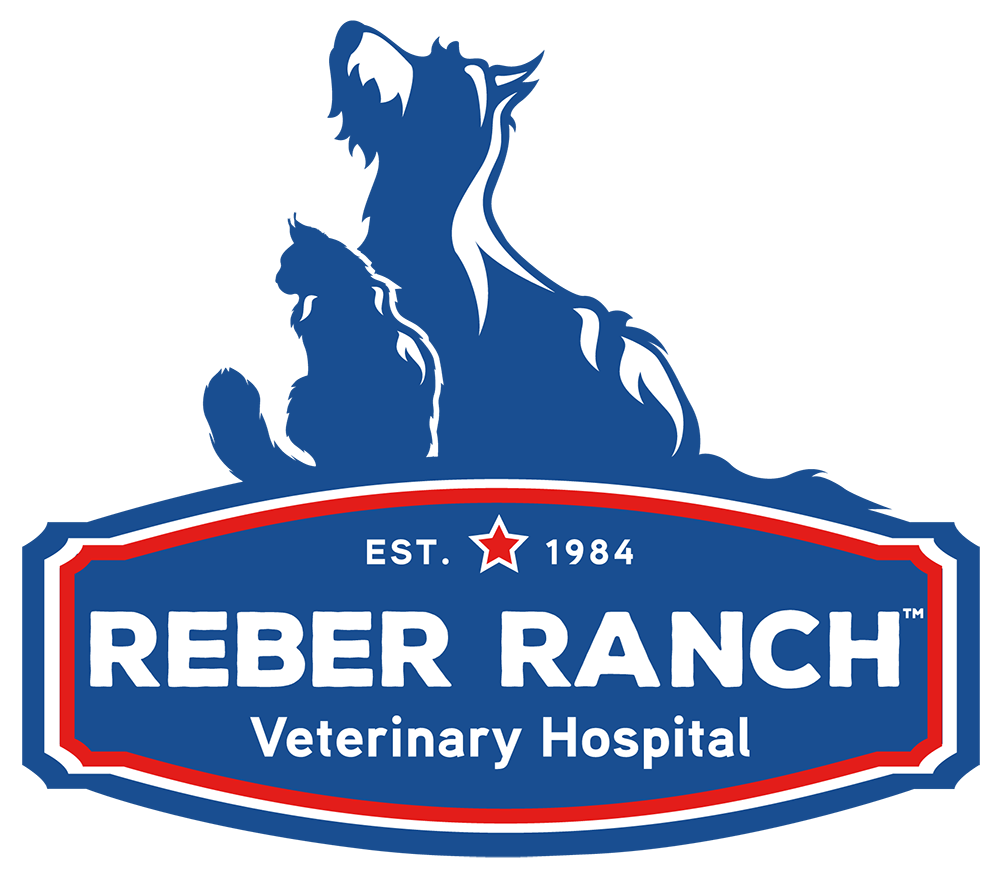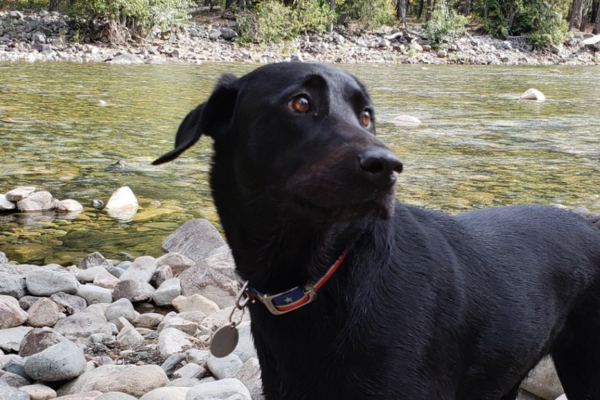At Reber Ranch Veterinary Hospital, we understand how much you care about keeping your furry friends healthy and happy. Living in the Pacific Northwest comes with its own set of unique challenges for pet owners, and one of those is the risk of Salmon Poisoning Disease (SPD). This potentially fatal condition primarily affects dogs and is caused by a parasite transmitted through the consumption of raw or undercooked fish, particularly salmon, trout, and other freshwater species.
What Causes Salmon Poisoning Disease?
Salmon Poisoning Disease is caused by a bacterium which is carried by a parasitic flatworm (fluke) known as Nanophyetus salmincola. When dogs eat fish infected with these parasites, the bacteria can take hold, leading to serious illness.
Symptoms of Salmon Poisoning Disease
The symptoms of SPD typically appear within 5 to 7 days after a dog consumes infected fish and may include:
- Vomiting
- Diarrhea (which can become bloody)
- Lack of appetite
- Lethargy
- Fever
- Enlarged lymph nodes
- Dehydration
If left untreated, SPD can be fatal within two weeks, so recognizing the signs early is crucial.
Diagnosing and Treating Salmon Poisoning Disease
If you suspect your dog may have ingested raw or undercooked fish and is exhibiting symptoms of SPD, immediate veterinary attention is essential. Diagnosis typically involves:
- Reviewing the dog’s dietary history.
- Examining stool samples for parasite eggs.
- Blood tests to identify bacterial infections.
Treatment usually includes a combination of antibiotics and antiparasitic medications. Supportive care, such as fluids and medications for nausea, may also be necessary to manage dehydration and discomfort.
Preventing Salmon Poisoning Disease
Prevention is key to protecting your pet from SPD. Follow these guidelines to minimize risk:
- Avoid Feeding Raw Fish: Never allow your dog to eat raw or undercooked fish, especially in areas where SPD is common.
- Supervise Outdoor Activities: Keep a close eye on your dog during trips to rivers, lakes, or streams to prevent scavenging.
- Educate Yourself: Be aware of the types of fish and geographic areas associated with SPD.
While raw or undercooked fish pose a specific risk, other properly prepared raw and freeze-dried diets are generally safe for pets. These diets undergo stringent processes to eliminate harmful bacteria and parasites, ensuring they provide a nutritious and safe option for your pet. If you’re considering a raw diet, consult with our team to make the best choice for your dog’s health.
Is SPD Contagious?
SPD is not contagious to humans or other pets. However, other animals that consume infected fish can become ill, so it’s essential to dispose of fish remains responsibly to avoid wildlife exposure.
Our Team Is Here to Help
At Reber Ranch Veterinary Hospital, we’re committed to keeping your pets safe and healthy. If you have questions about SPD, don’t hesitate to contact us. Our experienced team is here to provide expert guidance and treatment tailored to your pet’s needs.
For more pet care tips and advice, stay tuned to our blog or visit us at Reber Ranch. Your pet’s health and happiness are our top priorities!

